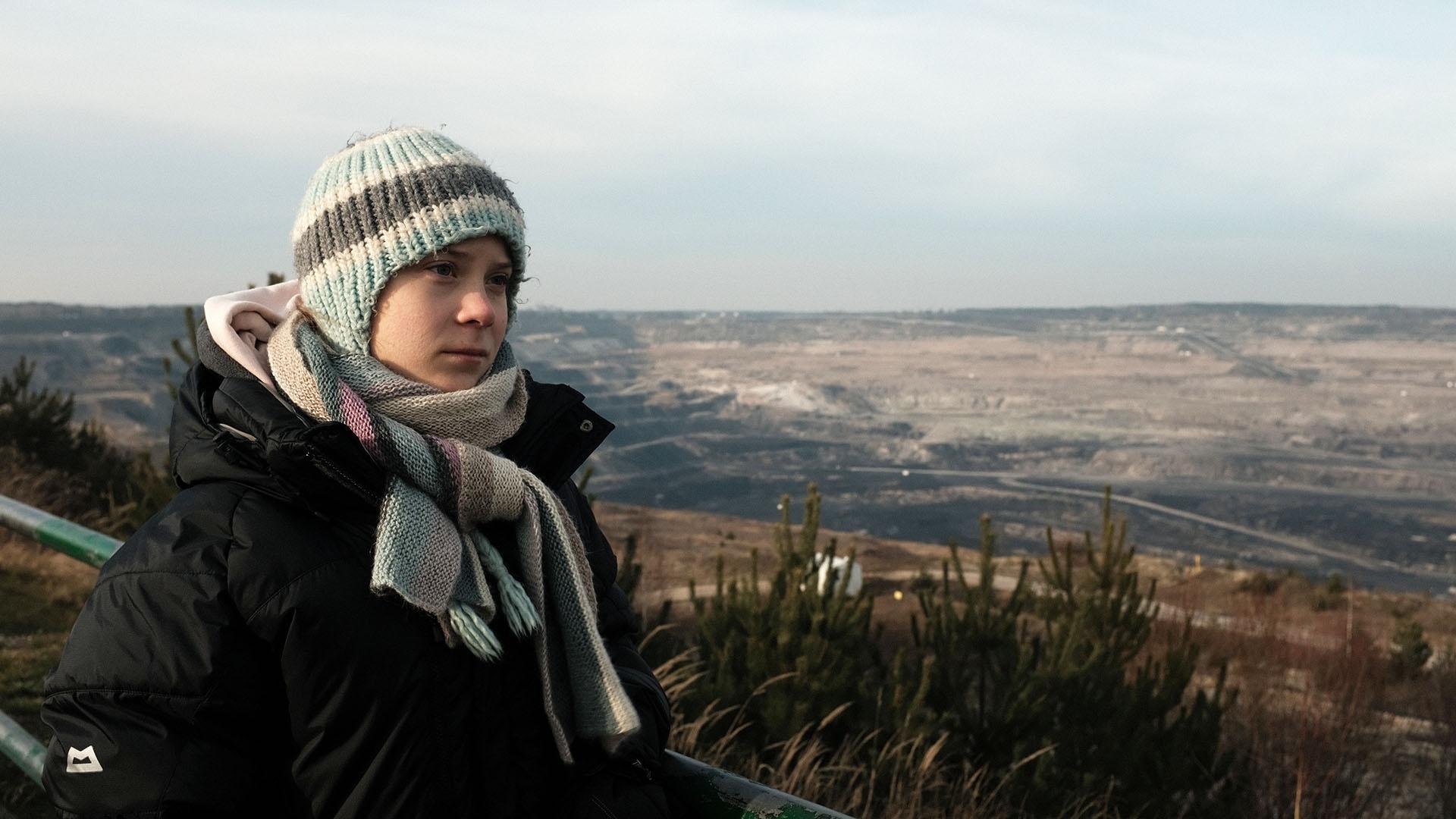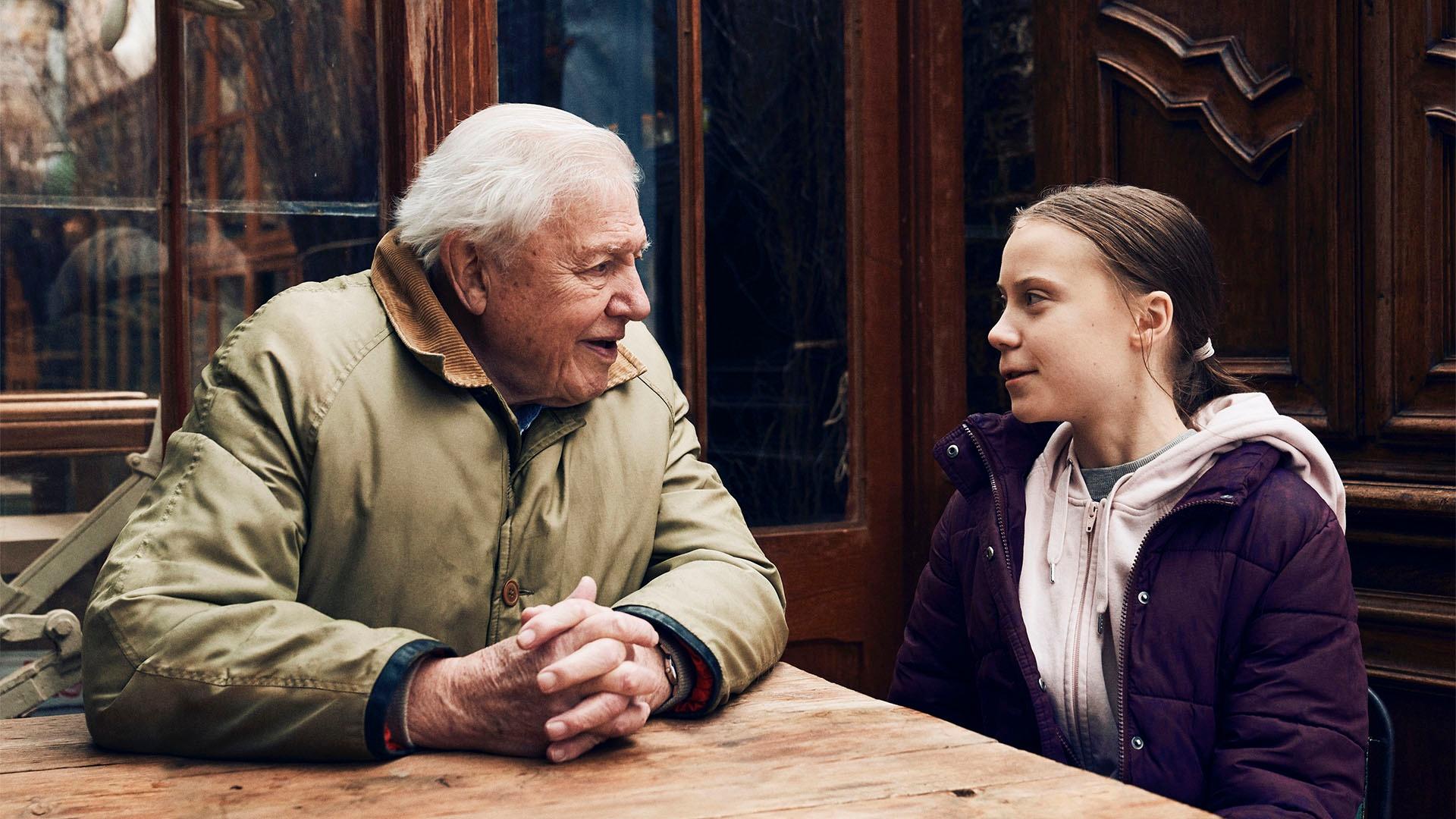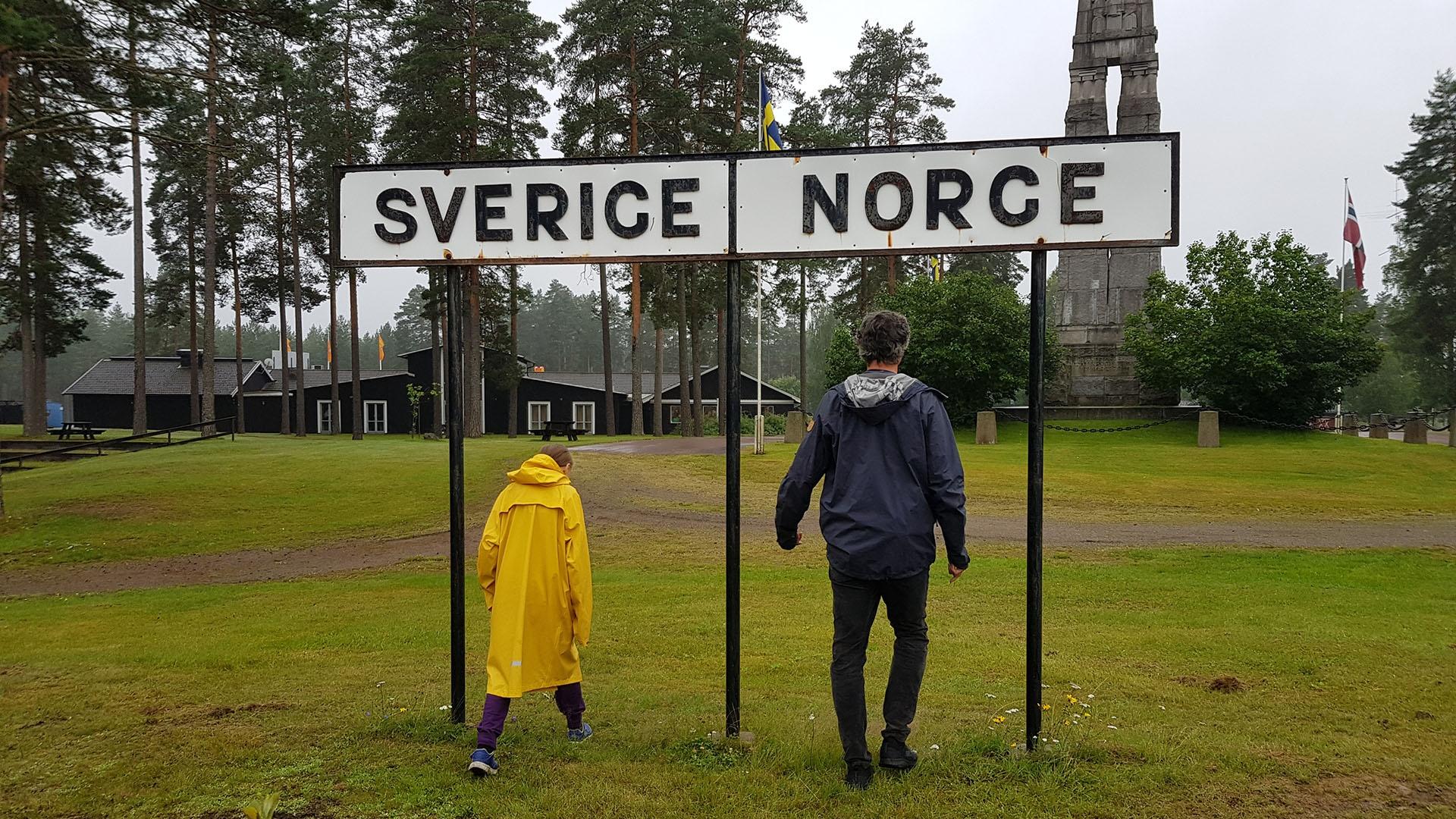Celebrating Earth Month with PBS NC
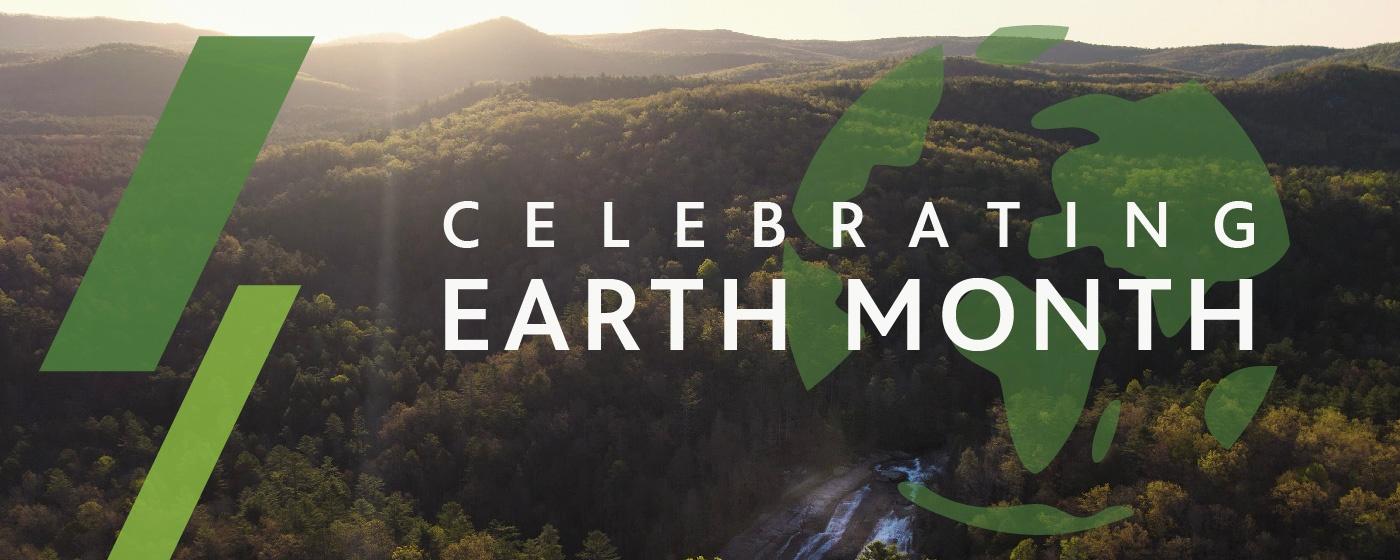

Senator Gaylord Nelson of Wisconsin created Earth Day in 1970 to support environmentalism and raise awareness of how we can prevent further environmental damage. Now five decades later, we’ve branched out from trying to broaden awareness to sharing action through innovation and community.
These PBS films and series illuminate the profound impact of the natural environment on our lives. Whether you find solace in gardening and hiking or are intrigued by the promise of innovative technologies, this collection will show you the intricate connections between humans and the Earth. With captivating documentaries, insightful interviews, and thought-provoking discussions, these stories inspire us to appreciate, protect, and cherish our planet.
As we commemorate Earth Day and reflect on our collective responsibility to safeguard the environment, let us celebrate meaningful change and cultivate a brighter, more sustainable future for generations to come.
Meet the North Carolinians who are adapting to our changing climate in new and inspiring ways. From conserving land and growing food that’s tolerant of extreme conditions to using farmland to produce both crops and solar energy, these innovators are facing the challenges of climate change with perseverance and ingenuity.
State of Change premieres Monday, 4/22, 9 PM on PBS NC & the PBS App.
Watch digital stories and explore reporting from the State of Change team. >
A unique six-part documentary series about our futures and how we can reimagine them. Hosted by renowned futurist Ari Wallach, the show invites viewers on a journey around the world that is filled with discovery, hope, and possibility about where we find ourselves today and what could come next.
A Brief History of the Future premieres Wednesday, 4/3, 9 PM on PBS NC & the PBS App.
Revisit the story of the 1970s Love Canal disaster, one of the most notorious environmental and public health disasters in US history. The battle for justice, led mostly by women, created the basis for the landmark federal Superfund program.
When an Alaska Native teen becomes the youngest person ever to harpoon a whale for his village, his family is blindsided by activists brutally attacking him online-without full perspective on the importance of the hunt to his community's well-being.
Join conservation scientist Dr. M. Sanjayan for a global environmental health check of seven of Earth's bellwether biomes. From the Arctic to the Amazon, these vulnerable habitats are changing, revealing surprising animal behaviors as species adapt.
Premieres Wednesday, 4/24, 8 PM on PBS NC & the PBS App. Watch Changing Planet now on the PBS App.
The trees in the Blue Ridge Mountains are responsible for that dreamy blue haze on the horizon. Trees produce fine mists of volatile organic compounds (VOCs), which scatter blue light waves. In the mid-90s, the area had serious air quality issues. Not only was it dangerous to breathe, the hazy blue was disappearing from the horizon. But it wasn’t just the trees fault. Here’s what happened...
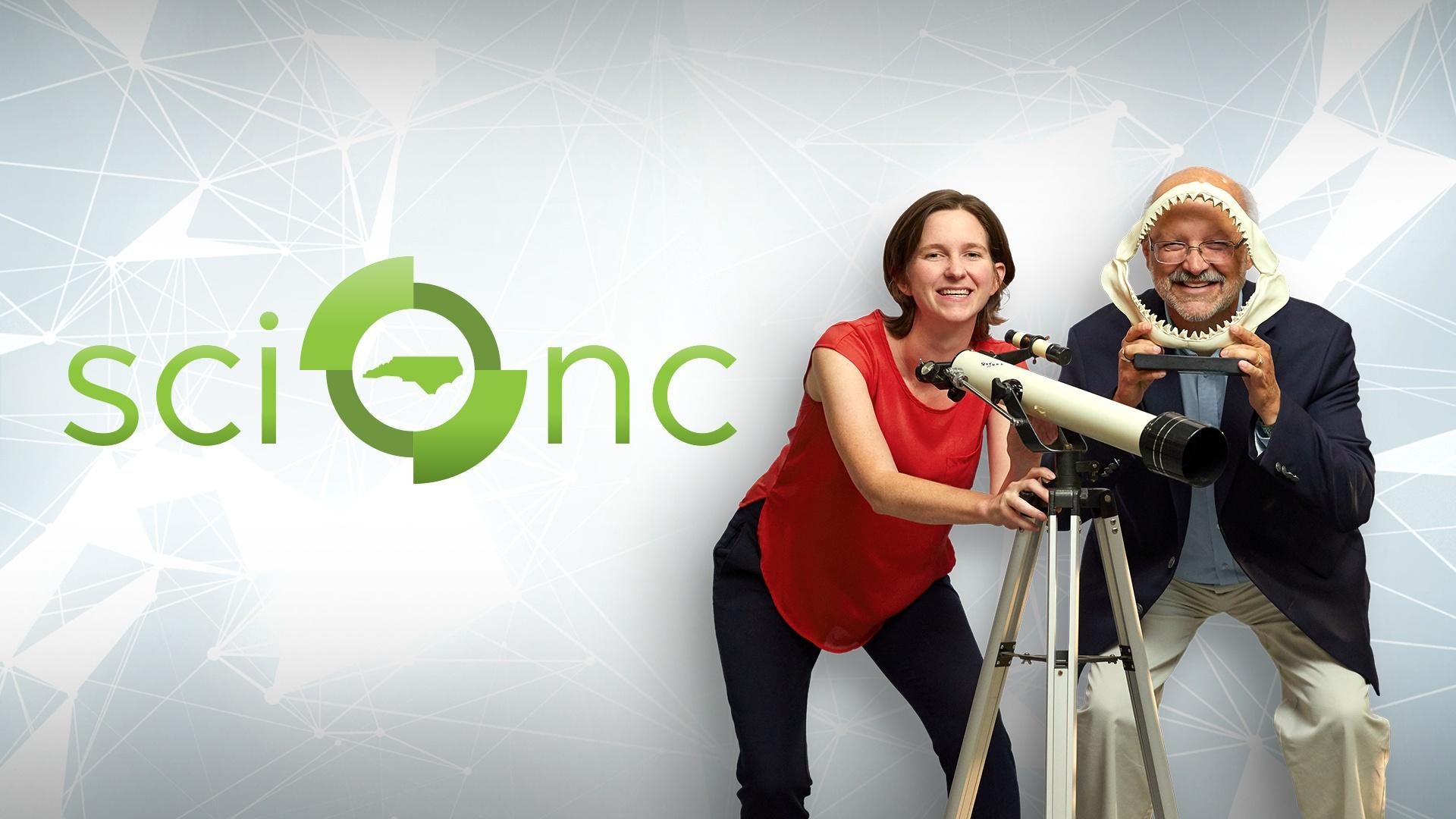
Highlighting the latest science stories from North Carolina and across the nation, watch interviews leading scientists, fascinating demonstrations and North Carolinians with knowledge of all things science.
For this episode we wanted to see where we are in terms of “business as usual,” and if we are still headed towards an apocalypse of sorts. Or if, perhaps, all of the technological innovations in renewables and EVs along with new climate policy such as the Paris Agreement might have bent down the curve on global warming. So, tune in to see where we’ve been in our race against the clock.
Rising seas, glacial melt, and the spread of invasive species are just a few of the serious environmental challenges threatening communities around the world today. With scientist and National Geographic Explorer Alizé Carrère as our guide, Adaptation presents us with examples of the brilliant and surprising ways that communities are adapting to change.
Watch Adaptation now on the PBS App.
The fossil fuel industry’s history of casting doubt and delaying action on climate change. This three-part series from Frontline traces decades of casting doubt on the science, missed opportunities and the ongoing attempts to hold Big Oil to account.
The fossil fuel industry’s history of casting doubt and delaying action on climate change.
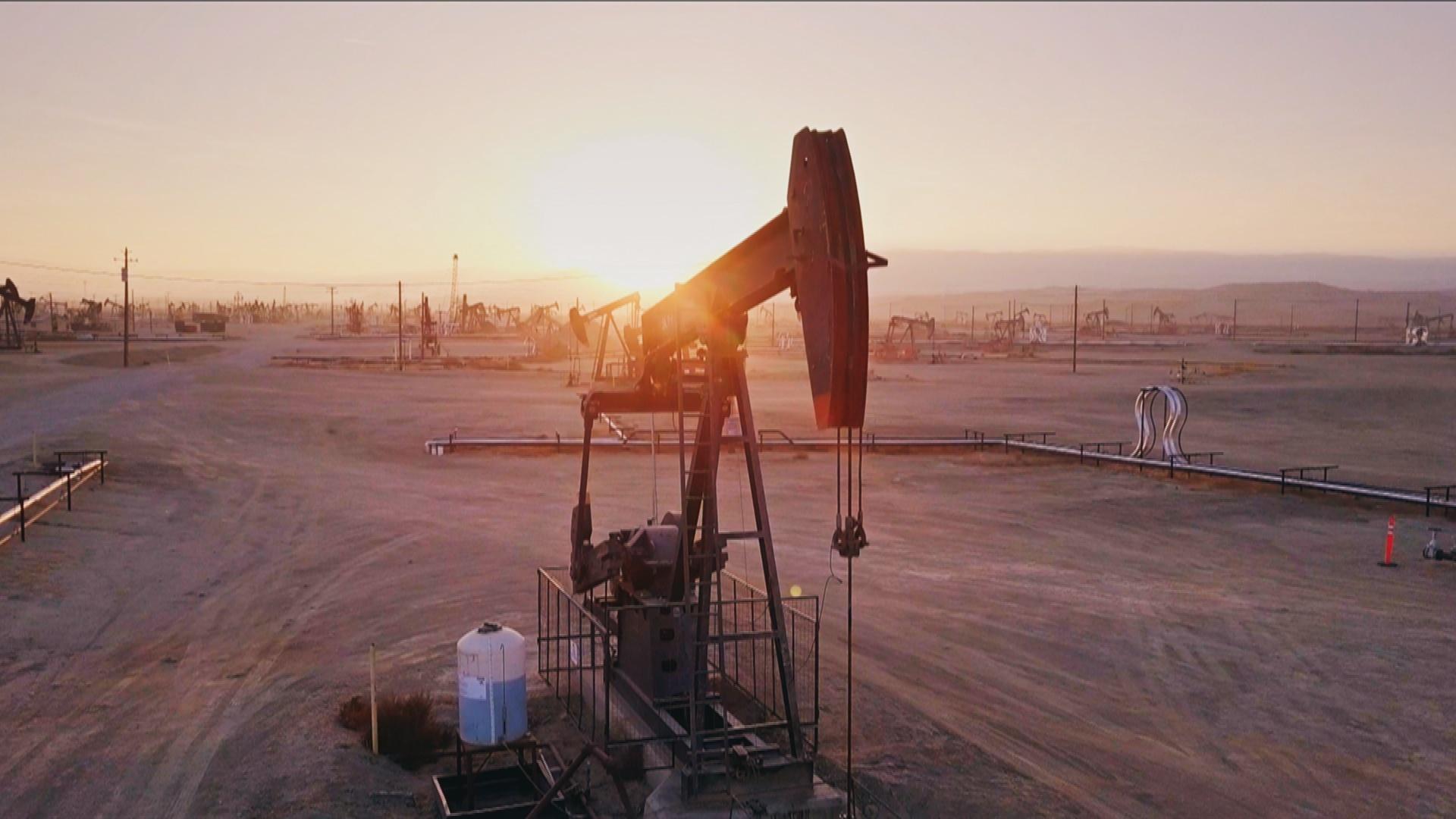
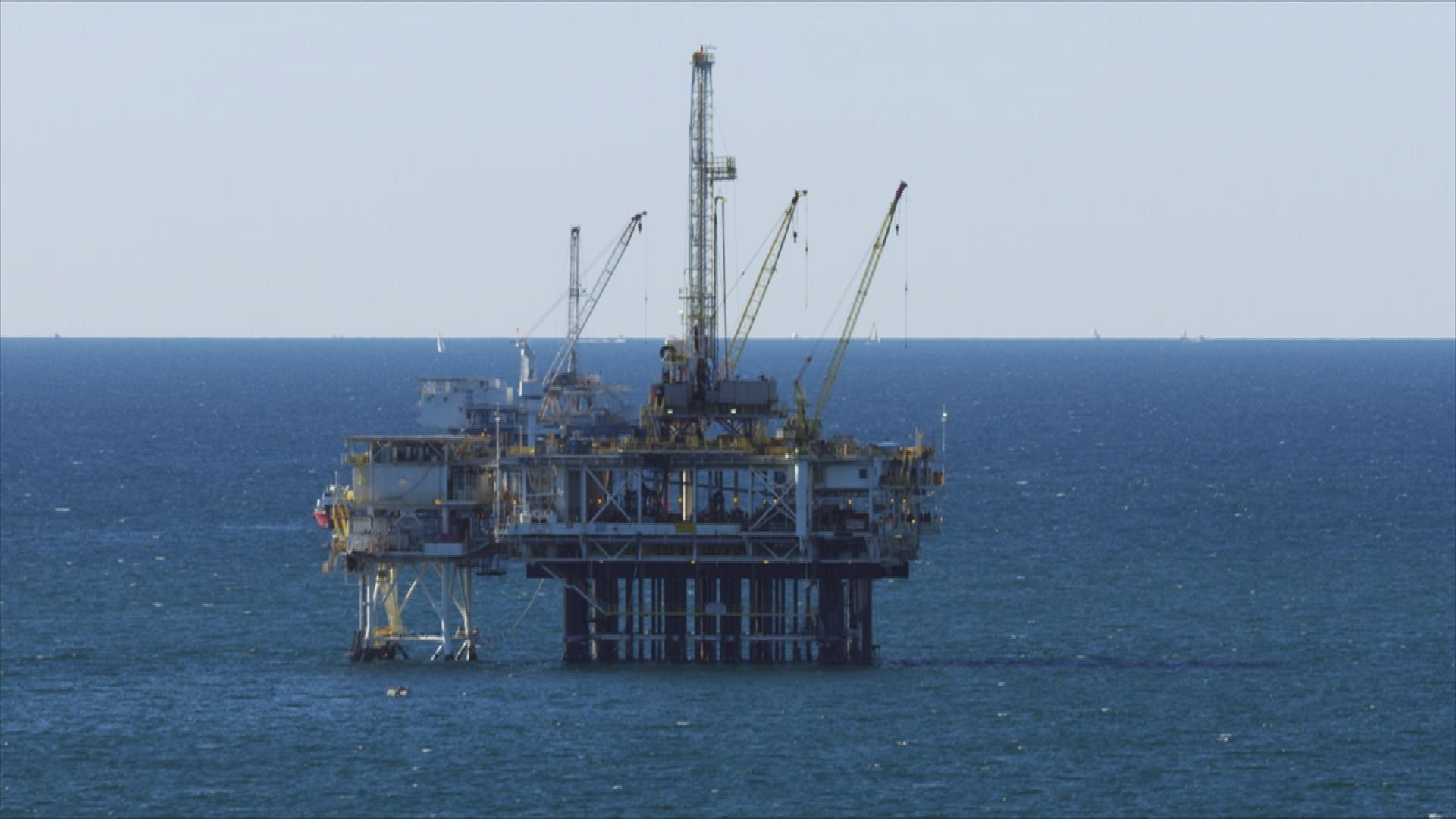
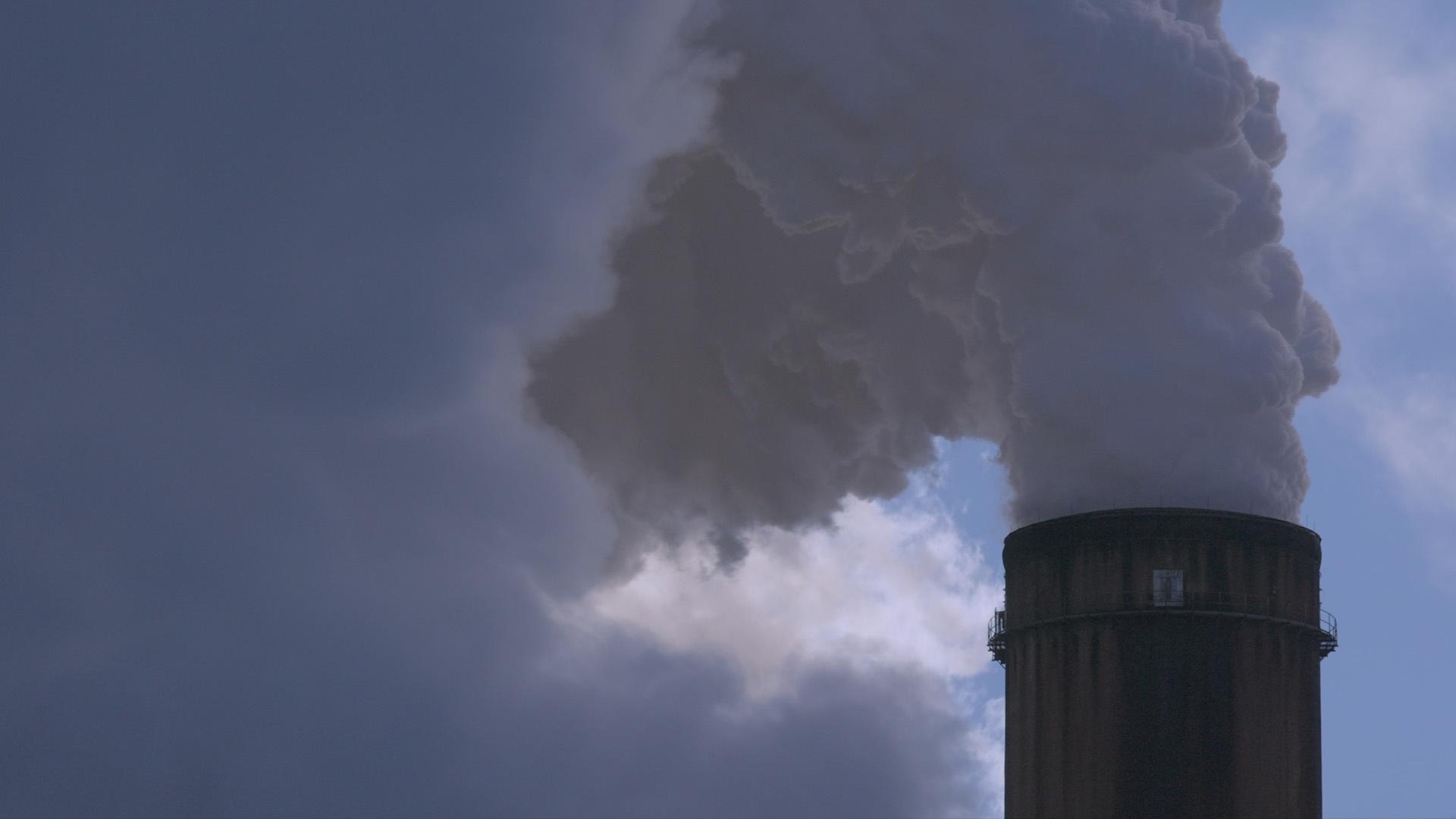
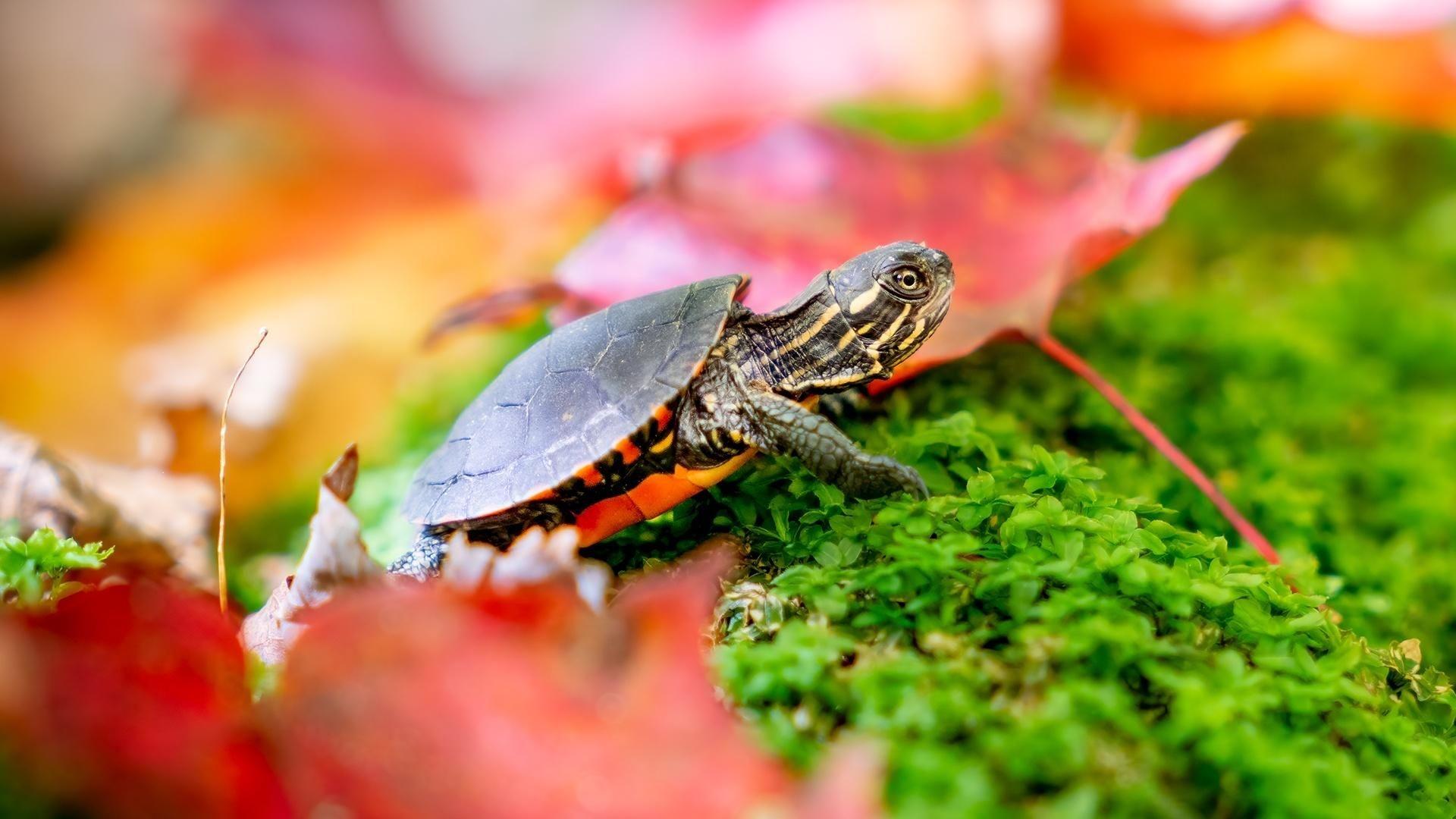
More from PBS
Watch documentaries and read articles about how our climate is changing with the perspective of climate scientists.
Earth has never experienced anything like us: a single species dominating and transforming the planet. Biologist Shane Campbell-Staton travels the globe to explore our Human Footprint and to discover how the things we do reveal who we truly are.
Watch Human Footprint now on the PBS App only with Passport.
This revealing series follows Greta Thunberg as she steps from behind the podium and onto the front lines. Over the course of the three episodes, Greta explores the science as she travels to extraordinary locations across the globe, meeting leading climate scientists, witnessing first hand the consequences of climate change and confronting the complexity of what is required to make change happen.
Watch Greta Thunberg: A Year to Change the World now on the PBS App only with Passport.
Greta witnesses the impacts of climate change first-hand at three key locations.
